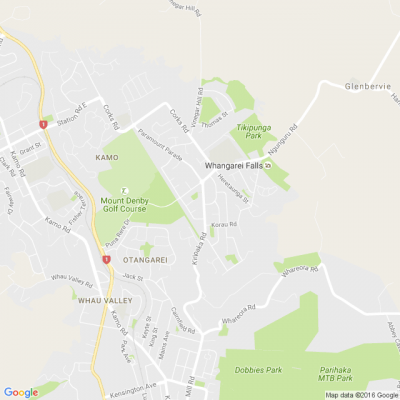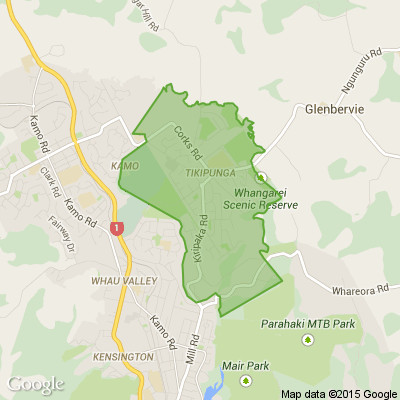A heart-wrenching glimpse into the reality faced by those using Flexible Funding
This survey offers a heart-wrenching glimpse into the reality faced by those using Flexible Funding—a lifeline that has been too often taken for granted. While the government, insistent on slashing this crucial support, claims that time constraints prevented them from engaging with the disabled community, the truth is starkly different. They didn’t ask, and therefore, they remain oblivious to the clear message conveyed by those directly affected.
The survey paints a poignant picture: 80% of respondents filled it out on behalf of someone else, while 20% shared their own experiences. And the results are nothing short of compelling. A staggering 98% either Agree (8%) or Strongly Agree (90%) that Flexible Funding has profoundly improved their quality of life compared to other alternatives like residential care. The benefits are manifold—Autonomy and Choice, Tailored Support, Improved Quality of Life, Increased Independence, Community Engagement, Respite for Carers, Access to Therapy and Health Services, Educational and Employment Opportunities, Mental Health and Wellbeing, and Financial Relief.
Moreover, 95% either Agree (25%) or Strongly Agree (70%) that their Host (Manawanui) provides an invaluable service, making the use of Flexible Funding straightforward and effective.
Yet, despite these resounding endorsements, the disabled community is being relentlessly battered, and the disconnect between the government and the lived experiences of these individuals is glaring. Disability is not a switch you can turn on and off—it’s a constant, all-encompassing reality. Experts in the field lament that the sector feels like it’s been thrown back to the outdated thinking of the 1990s, if not further. The attitudes of today’s government towards the disabled are reminiscent of the 1970s, echoing the dark days of sheltered workshops.
It’s profoundly disheartening to witness so many people suffering needlessly due to ignorance and indifference. The current trajectory is not just a policy failure—it’s a betrayal of the very people it is meant to support.

Best way to use leftovers?
I'm sure you've got some excess ham at home or cold roast potatoes.
What are some of your favourite ways to use leftover food from Christmas day? Share below.

⚠️ DOGS DIE IN HOT CARS. If you love them, don't leave them. ⚠️
It's a message we share time and time again, and this year, we're calling on you to help us spread that message further.
Did you know that calls to SPCA about dogs left inside hot cars made up a whopping 11% of all welfare calls last summer? This is a completely preventable issue, and one which is causing hundreds of dogs (often loved pets) to suffer.
Here are some quick facts to share with the dog owners in your life:
👉 The temperature inside a car can heat to over 50°C in less than 15 minutes.
👉 Parking in the shade and cracking windows does little to help on a warm day. Dogs rely on panting to keep cool, which they can't do in a hot car.
👉 This puts dogs at a high risk of heatstroke - a serious condition for dogs, with a mortality rate between 39%-50%.
👉 It is an offence under the Animal Welfare Act to leave a dog in a hot vehicle if they are showing signs of heat stress. You can be fined, and prosecuted.
SPCA has created downloadable resources to help you spread the message even further. Posters, a flyer, and a social media tile can be downloaded from our website here: www.spca.nz...
We encourage you to use these - and ask your local businesses to display the posters if they can. Flyers can be kept in your car and handed out as needed.
This is a community problem, and one we cannot solve alone. Help us to prevent more tragedies this summer by sharing this post.
On behalf of the animals - thank you ❤️









 Loading…
Loading…















